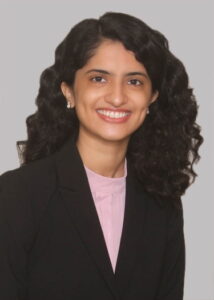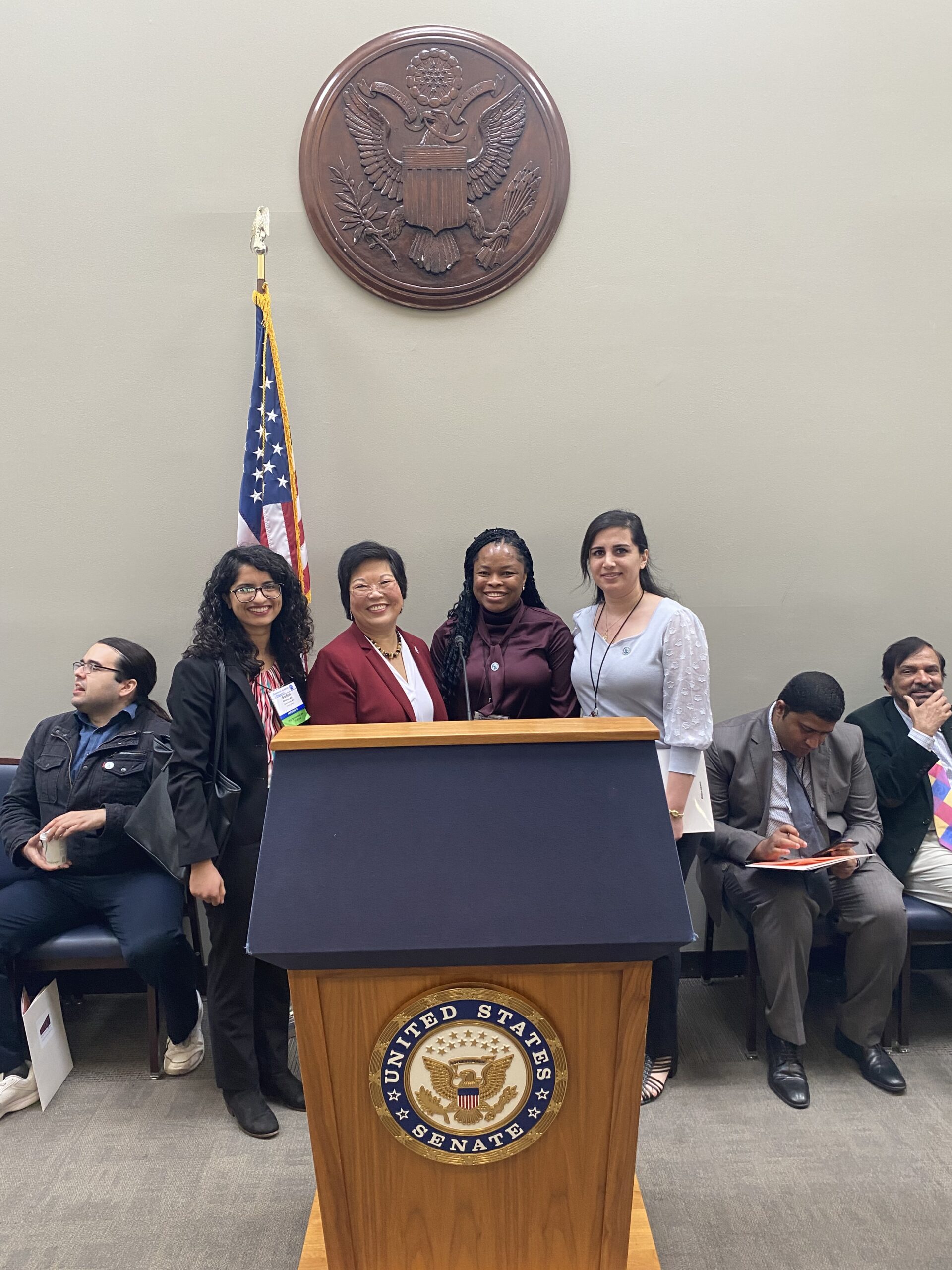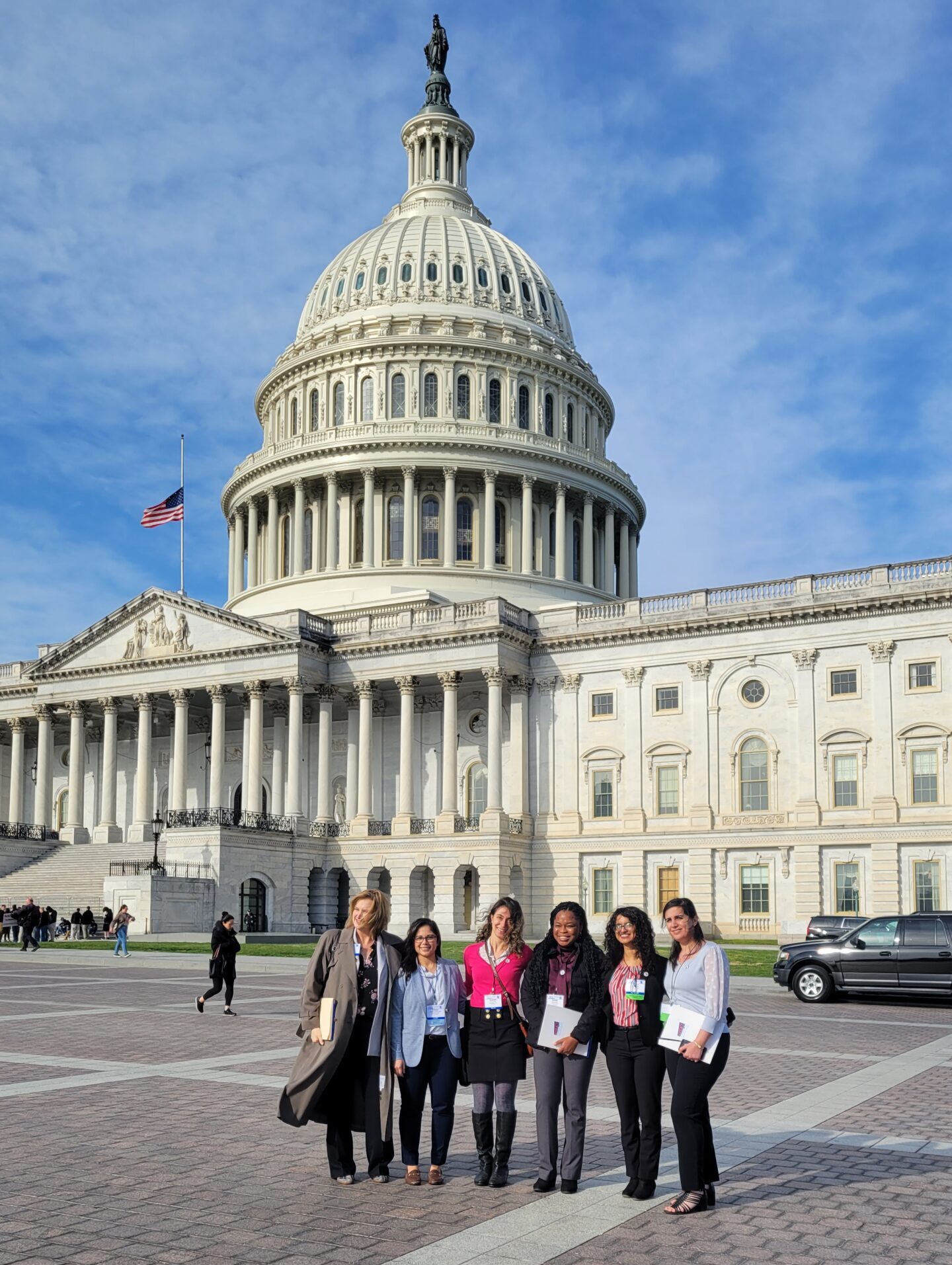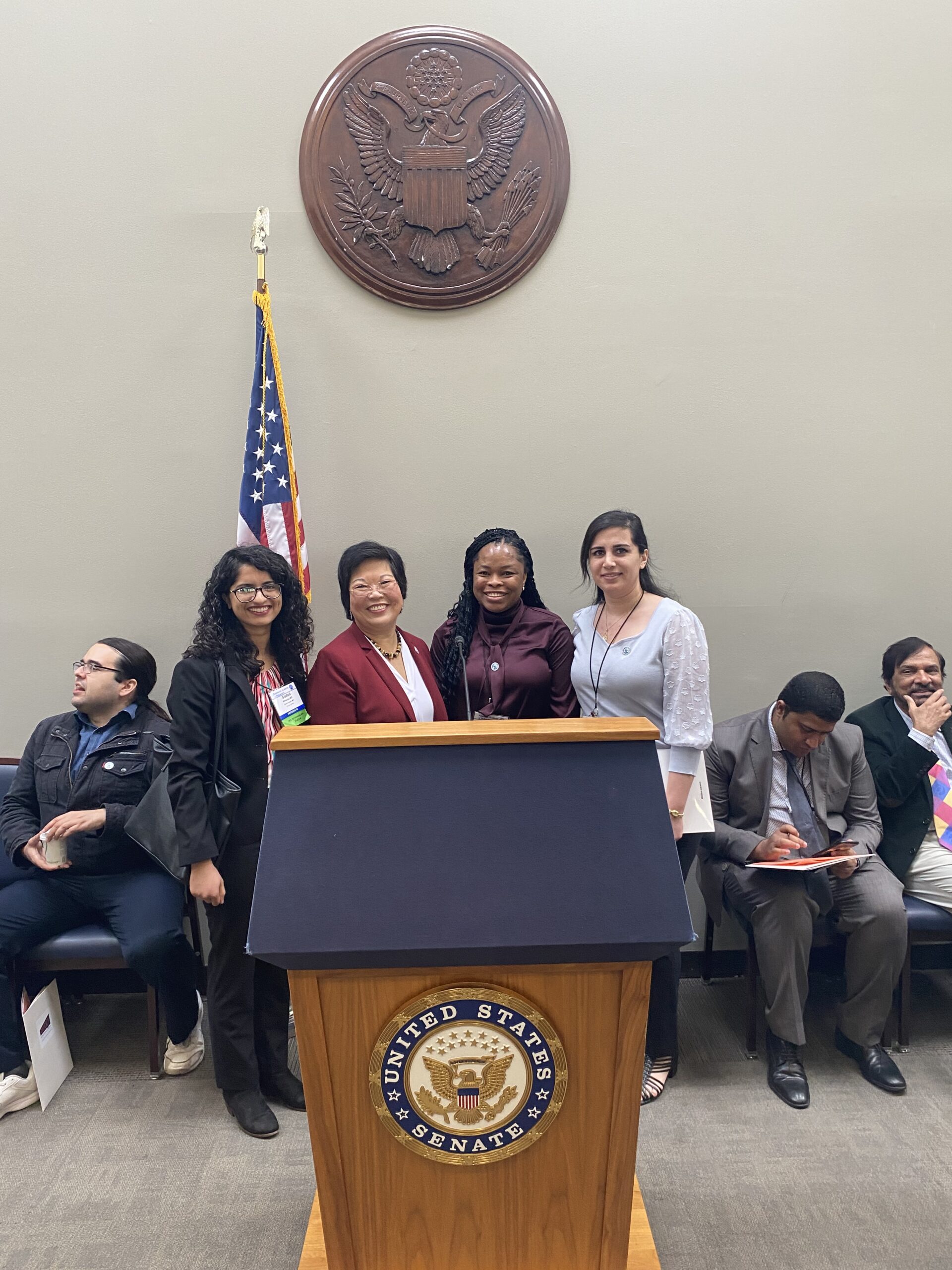
A group of 320 passionate, dedicated and committed pediatricians flew from 46 different states to be in DC to advocate for children’s mental health. All the attendees had one goal in mind – to urge lawmakers to help protect children and teenagers online.
The conference was a star studded affair with several pediatricians actively serving as leaders of their respective governmental offices. I felt very fortunate to be in the presence of physicians who have devoted their lives to improving that of children. It was interesting to learn more about their advocacy journeys of individuals. Many started at the local level, during their residency and found opportunities that eventually led them to pursuing it full time. It was a reminder that every advocacy maestro was once a beginner.
Several sessions were focused on crafting a compelling advocacy story. In Ellen Brilliant’s words “Facts make you credible, stories make you memorable.” As pediatricians, we are wired to be storytellers. We have to be able to simplify complicated pathophysiology and treatment plans to parents and children of different ages on a daily basis. Advocacy relies on these very skills to communicate with the stakeholders who may or may not have any health background. We have our finger on the pulse of society and each of us has a treasure trove of patient stories that have moved us. We carried those stories in our hearts and minds as we walked the doors of the Capitol.
This year’s theme was about protecting young people online. There has not been any meaningful legislation regarding protecting children in the last 25 years. As AAP members we advocate for the passing of the Kids Online Safety Act and Children’s Online Privacy Protection Act. These bills focus on limiting data collection from minors, addressing manipulative design practices such as auto-play and in-app purchases, and limiting the algorithmic recommendations that amplify extreme, outrageous and harmful content to young people. As a group, we met with more than 250 congressional offices across the House and Senate. Our team from Missouri composed of residents, general pediatricians and subspecialists met with our respective senators and representatives and shared stories of patients negatively impacted by social media.
The advocacy conference was an eye opening experience. The challenges that lie ahead are immense but not insurmountable. Each of us has the responsibility to educate ourselves on the challenges and advocate on behalf of our patients. A good place to start is to identify like minded people and join the local AAP chapter. I would like to thank the MO-AAP and Saint Louis University, Pediatric Residency program for supporting my attendance at the AAP advocacy conference.



